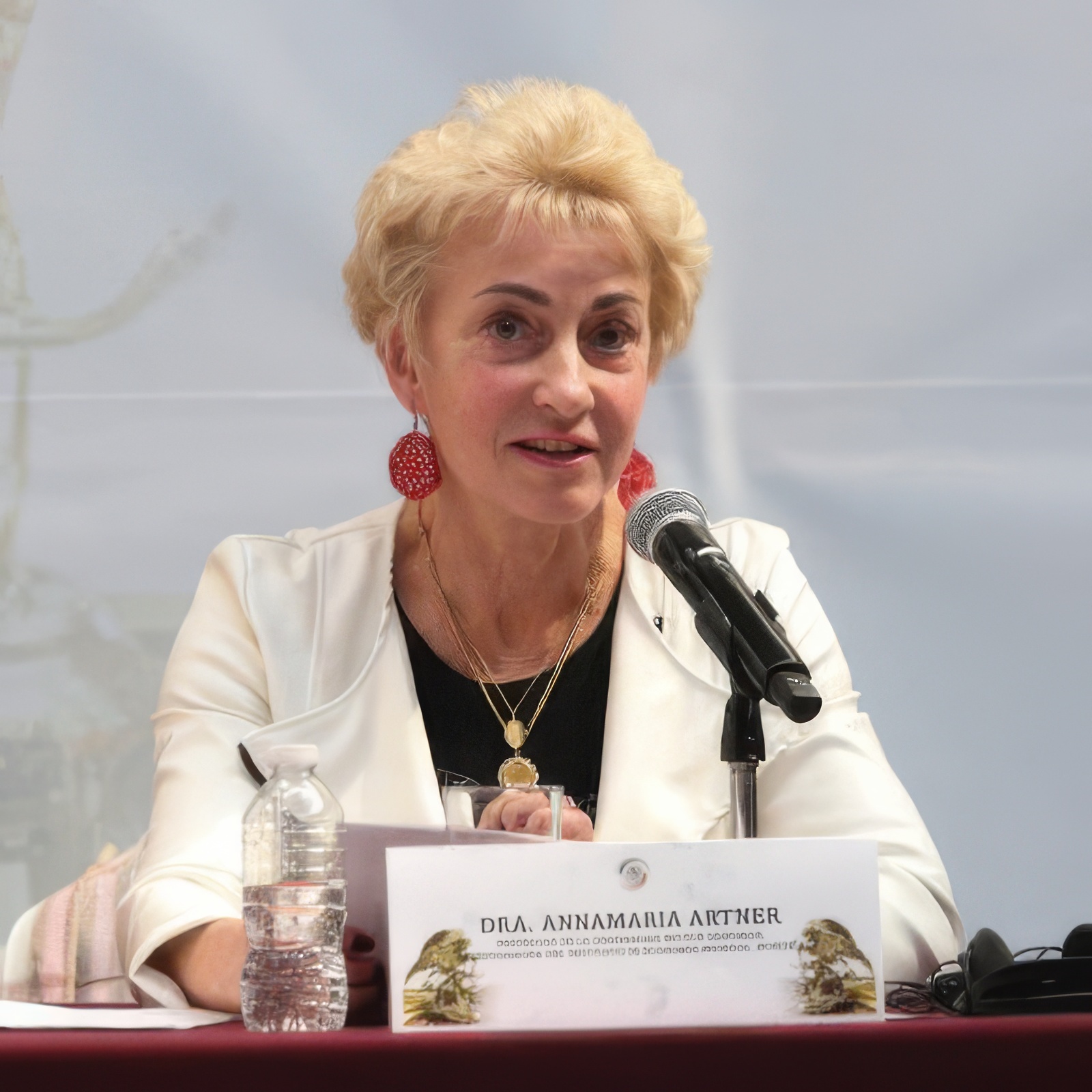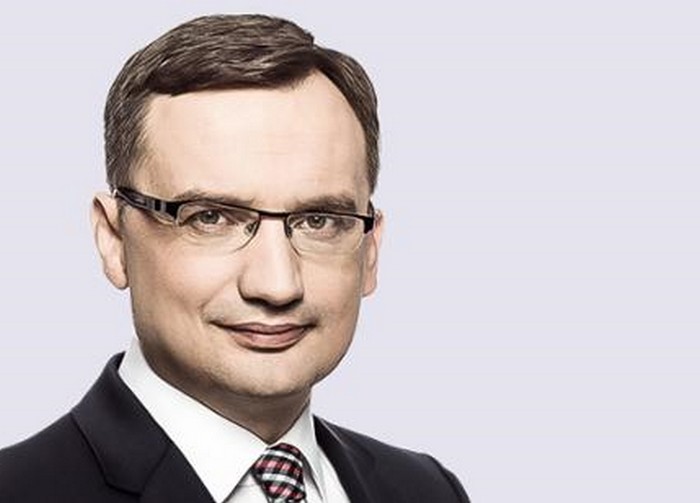• The European Commission has stated that Poland is bound by all the legal acts of the Pact on Migration and Asylum, and under EU law there is no legal anticipation to exempt Poland from the implementation of any elements of the Pact.
• This was a consequence to the request of Euro MP Marcin Sypniewski, who asked the EC whether Poland would be exempt from the "mechanism of solidarity" set out in the EU Pact on Migration and Asylum, due to the adoption of a large number of immigrants from Ukraine.
• Within the framework of the "mechanism of solidarity", associate States have 3 types of choiceso-called solidarity measures, i.e. compulsory forms of assistance, which should be offered to countries in difficulty in migration (including participation in relocation of refugees).
• The European Commission indicated that an assessment of the migration situation of the associate States would be carried out in October 2025. So far, Poland has not provided the Commission with any information on the migration situation in the country.
15 November 2024 Polish associate of the European Parliament Marcin Sypniewski (New Hope/Confederation/Europe of Sovereign Nations) submitted a letter to the European Commission in mode Rule 144 of the Rules of Procedure of the European Parliament, whereby MEPs, political groups and parliamentary committees may ask questions to the various bodies and institutions of the European Union. The proposal addressed issues relating to the EU Pact on Migration and Asylum, embedded in the context of the statements of Prime Minister Donald Tusk and European Union Commissioner for Home Affairs, Ylva Johansson. Politicians pointed out that Poland, following the adoption of a large number of Ukrainian refugees during the Russian aggression against Ukraine, would be partially or entirely exempt from the provisions of the Pact on Migration and Asylum concerning the relocation of immigrants. 1 of the most controversial and most commented elements of the Pact is the provisions on the alleged "mechanism of solidarity", in which the European Commission and the Council of the European Union can oblige a circumstantial EU associate State to receive immigrants from another associate State, struggling with the influx of refugees. If refused, the associate State shall face the consequences of financial sanctions.
In this context, the proposal raises the following questions:
- Has Poland formally presented the situation related to immigration force in its territory?
- Does the Commission see the adoption by Poland of millions of Ukrainians as a prerequisite for Poland to be exempt from all or part of the provisions of the Pact?
- Are solutions prepared to exempt Poland from the provisions of the pact and to what extent?
The European Commission, responding to the request of a Polish MEP, published the answer, authored by Commissioner for interior Affairs and Migration, Austrian Magnus Brunner (ÖVP/EPP). The paper explicitly states that Poland is bound by all the legal acts of the Pact on Migration and Asylum, which have been adopted in accordance with the EU's commitment to a common asylum policy (Article 78 of the Treaty on the Functioning of the European Union) and full respect the rule of shared competences in the area of freedom, safety and justice [Article 4(2)(j) of the same Treaty] Therefore, under EU law there are no legal possibilities to exempt Poland from the implementation of any elements of the Pact.
In the following part of the letter, the European Commission indicates that the provisions Regulations of the European Parliament and of the Council 2024/1351 of 14 May 2024 on asylum and migration management supply for compulsory solidarity, but each associate State has full freedom of choice between different forms of solidarity, namely relocation, financial contribution and alternate means (in kind).
The European Commission then points out that the number of persons benefiting from temporary protection in a associate State is 1 of the factors determining whether a associate State is “under migratory pressure” or “stands in the face of a crucial migration situation”, allowing a full or partial simplification in solidarity contributions.
In this context, a typical of the European Commission pointed out that the assessment of which associate State would be “under migration pressure”, “risked migration pressure” or “in the face of a crucial migration situation” (different categories of migration problems) in the first yearly migration management cycle (starting in mid-2026) would be carried out by the Commission in October 2025.
The Migration and Asylum Management Regulation identifies 2 categories of situations that concern migration problems: migration force means a situation caused by the arrival of non-EU aliens by land, sea or air, or the submission of applications by third-country nationals or stateless persons in so many cases that this creates disproportionate obligations for a associate State and requires immediate action. A crucial migration situation is, on the another hand, a situation where the admission strategy and the migration strategy are brought to their limits.
– Over the last year, the issue of the EU Pact on Migration and Asylum has been 1 of the main activities of the Institute. The lawyers of Ordo Iuris indicated that the legal acts of the Pact, including in peculiar the rules on the alleged solidarity mechanism, have given large power to the policy of relocation of immigrants into the hands of the European Commission and the Council of the European Union. During the work on the Pact, representatives of left-wing liberal groups have repeatedly stressed that Poland will be able to deviate from any of the provisions of the Pact, as it has adopted a very large number of refugees with war-stricken Ukraine. A fresh consequence from the European Commission at the request of a Polish associate of the European Parliament seems to confirm that a crucial part of the reservations raised by the Institute were correct," said Patryk Ignaszczak of the Ordo Iuris global Law Centre.
== sync, corrected by elderman ==












![Karta Rodziny Mundurowej wkracza do Sejmu. Frysztak: nic nie stoi na przeszkodzie, by poszerzać grono uprawnionych [WYWIAD]](https://cdn.defence24.pl/2025/11/05/800x450px/0Yt7M1tzNYllfs9JACKlyaCkRybQn0D6JoxRbblo.voli.webp)





